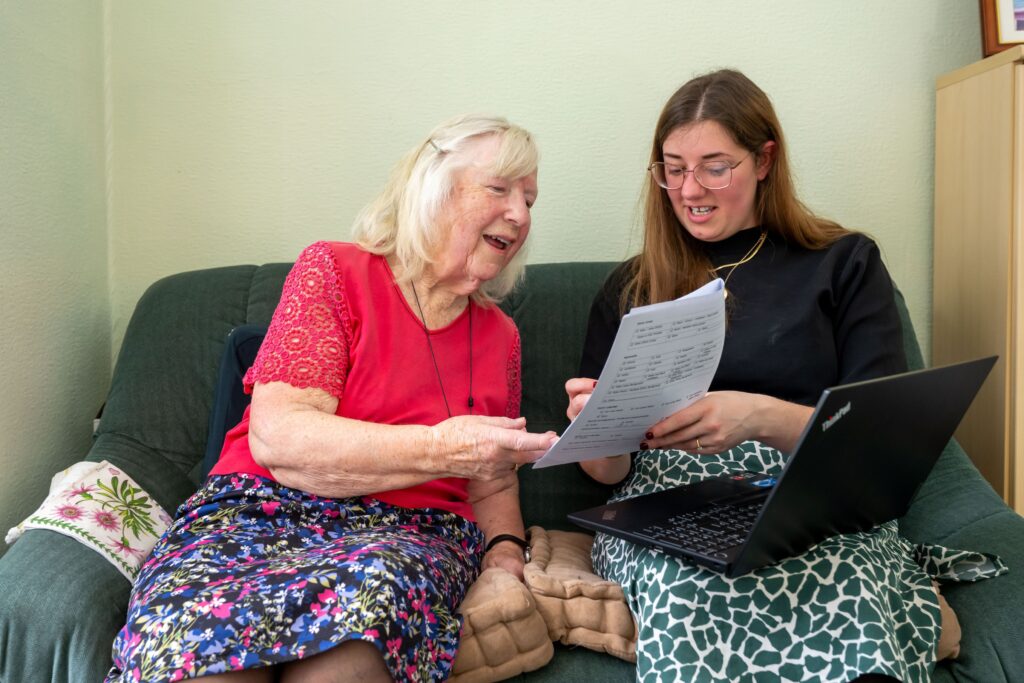Rosemary Butler argues that Wales is facing a democratic deficit created by the failure of the press and media
In 2008, Professor Anthony King, with the help of Cardiff University’s School of Journalism, laid bare the stark reality of the democratic deficit that faces the law-makers and policy-movers in Cardiff Bay because of the failures of much of our press and media. He told us that in 2007, the BBC’s network news bulletins at 6pm and 10pm spent more time covering the fate of Shambo, the bovine TB-infected sacred cow, than the outcome of the Assembly elections of that year, and subsequent coalition negotiations.
Moreover, the BBC’s local election coverage in that year did not deal with Wales in any way. As Professor King’s report said, “…of 37 BBC stories that dealt with devolved matters during the four weeks analysed… only one related to Wales”.
Tonight Anthony King will deliver the Royal Television Society lecture at the National Assembly’s Pierhead building in Cardiff Bay when he will revisit these issues.
In 2010 the Cardiff School of Journalism, Media and Cultural Studies School carried out some follow up work which revealed there has been a significant increase in the number of news items dedicated to the devolved nations on the BBC’s network news programmes. However, the report went on to say that these improvements were somewhat overshadowed by the continued problem of misleading and confusing coverage of devolved issues, such as health and education, where stories that only apply to England are reported as if they apply to the UK as a whole.
In my view, the most acute example of this, to date, has been the proposed health changes from the coalition government in Westminster. Time and again we saw reports on network news where only a passing mention was made to the fact that these proposals only applied in England.
In this I am not just singling out the BBC. Referring to the commercial broadcaster the School of Journalism report said, “…we found little evidence of enhanced or increased coverage of devolved issues” since Professor King’s original report in 2008.
In fact we have excellent news and political programming from BBC Wales and ITV Wales. But sadly, when you look at viewing trends, with both channels’ flagship news programmes combined, at best they reach around a sixth of the population every night.
Moreover, the BBC’s ‘Delivering Quality First Agenda’ will see a cut to political programming on BBC Wales. That is a cut to dedicated coverage of the National Assembly for Wales.
There is also continued uncertainty over ITV’s commitment to news in the regions and nations, with recent redundancies announced. There also seems hesitance, on their part, to support a Wales-only franchise, a move that I believe would put many of our minds at rest.
But the problem doesn’t only lie with broadcasting. Many Welsh people only read London-based newspapers that often don’t recognise the existence of Wales, let alone that it has its own law-making parliament with a very different and unique set of policy objectives.
Three out of our five daily Welsh newspapers rely on a wire service for their Assembly news from the Press Association – which has its own resource issues – because they don’t have a dedicated reporter stationed at the Senedd.
And when you take into account that the local/regional newspaper model is in severe difficulty with dwindling circulation figures, the simple question surely poses itself – how do the people of Wales find out about the fundamental policy differences and priorities that exist within our public services in Wales?
We have had three separate inquiries from Assembly Committees into this very issue. They have produced excellent reports with interesting solutions to the problems I have outlined above. Yet we continue to see network news coverage, on all channels, failing to address the challenges thrown up by devolution. We have an ever-decreasing newspaper sector in Wales that has a declining readership and no longer has the capacity to dedicate resources to the coverage of the Assembly.
This now needs to become the focus of a national conversation; a conversation that I hope will start at tonight’s lecture and which will be continued at a series of three sessions to be held in the Pierhead in the spring:
- The first will look at the problem I have outlined in terms of the UK media.
- The second session will ask whether this democratic deficit is a home-grown problem as a result of the crisis in the regional newspaper model.
- The third will look at whether the new brand of localism – by that I mean the hyper local news sites and proposed new local TV stations – will be able to plug this democratic gap.
It’s clear to me that unless we can find the solution to this problem, it is unlikely that devolution in Wales will become the partnership between the people and the law-makers that we all envisaged on that historic morning in September 1997.






Comments are closed.